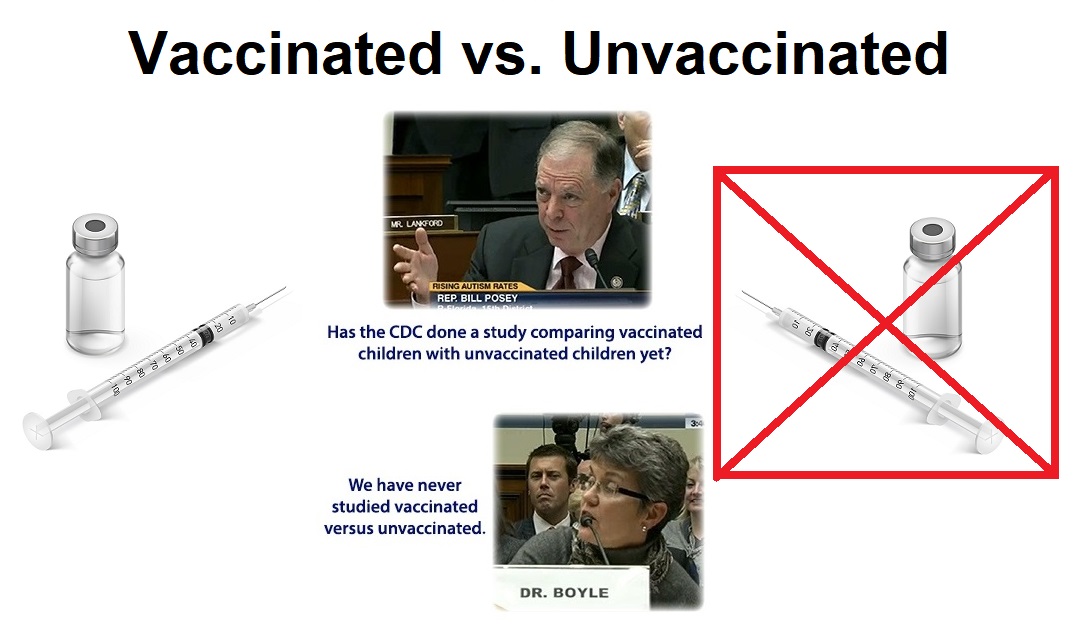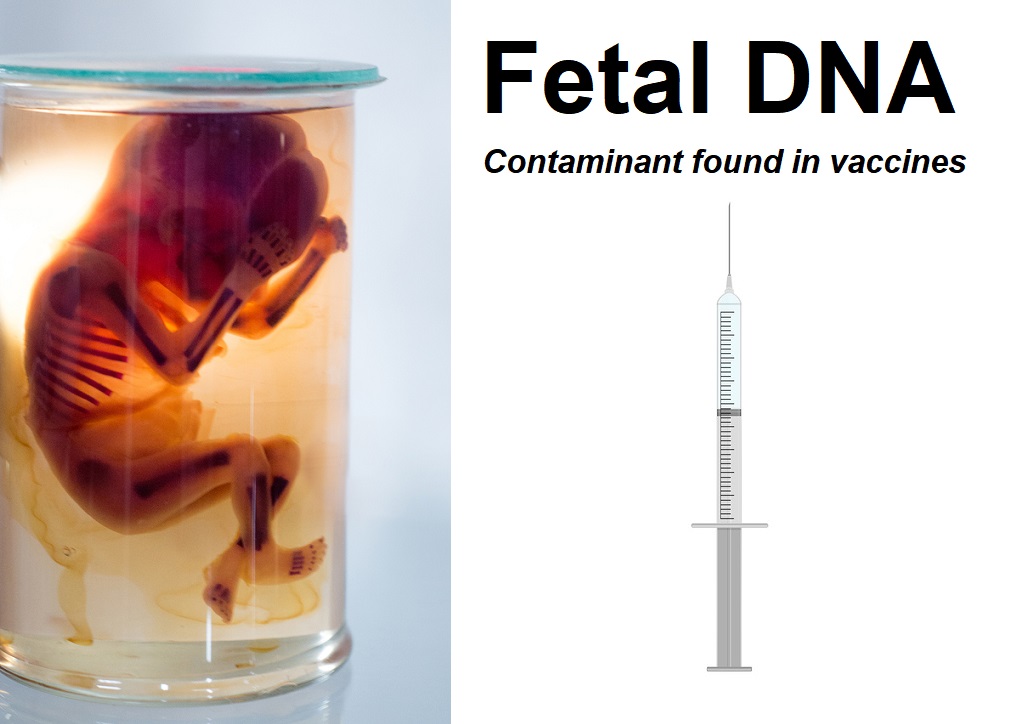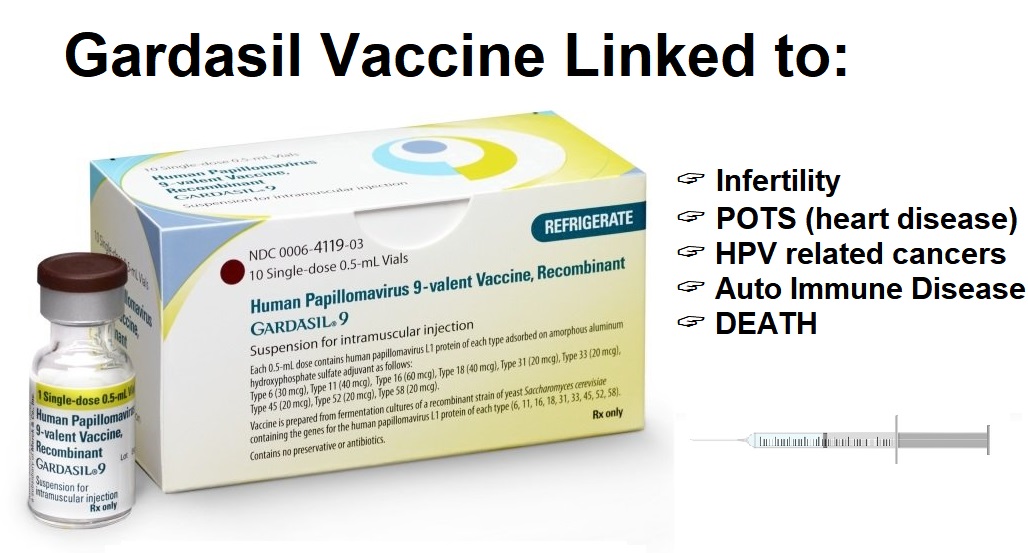25 Reasons to Avoid the Gardasil Vaccine that Never Should Have Been Approved by the FDA
It has been 13 years since the U.S. Food and Drug Administration (FDA) supplied fast-tracked approval for Merck’s Gardasil vaccine—promoted for the prevention of cervical cancer and other conditions attributed to four types of human papillomavirus (HPV). The agency initially licensed Gardasil solely for 9- to 26-year-old girls and women, but subsequent FDA decisions now enable Merck to market Gardasil’s successor—the nine-valent Gardasil 9 vaccine—to a much broader age range—9 to 45 years—and to both males and females. As a result of Gardasil’s expanding markets not just in the U.S. but internationally, the blockbuster HPV vaccine has become Merck’s third highest-grossing product, bringing in annual global revenues of about $2.3 billion. However, Gardasil’s safety record has been nothing short of disastrous. Children’s Health Defense and Robert F. Kennedy, Jr. have just produced a video detailing the many problems with the development and safety of Gardasil. What follow are 25 key facts about Gardasil/Gardasil 9, including facts about the HPV vaccines’ clinical trials and adverse outcomes observed ever since Merck, public health officials and legislators aggressively foisted the vaccines on an unsuspecting public.






















